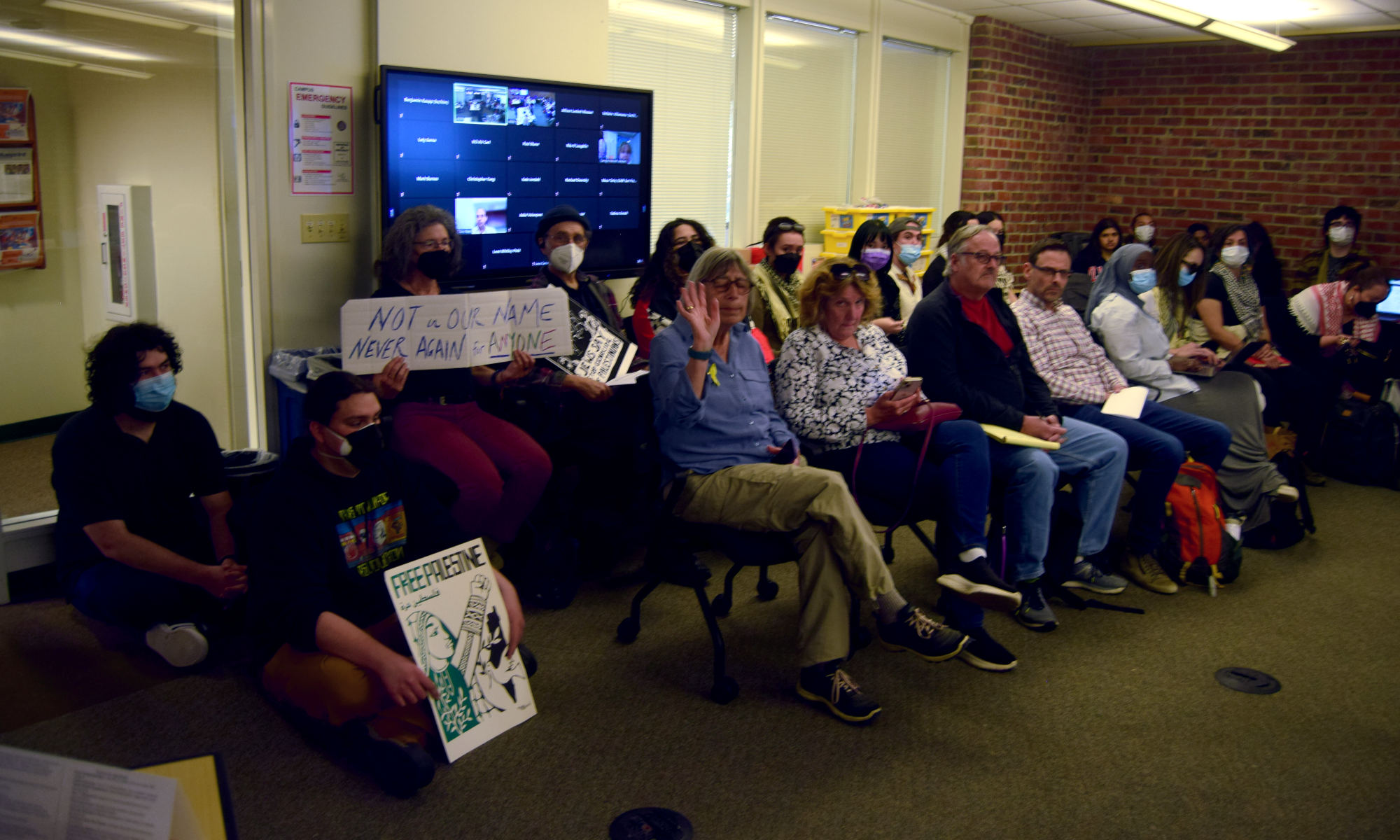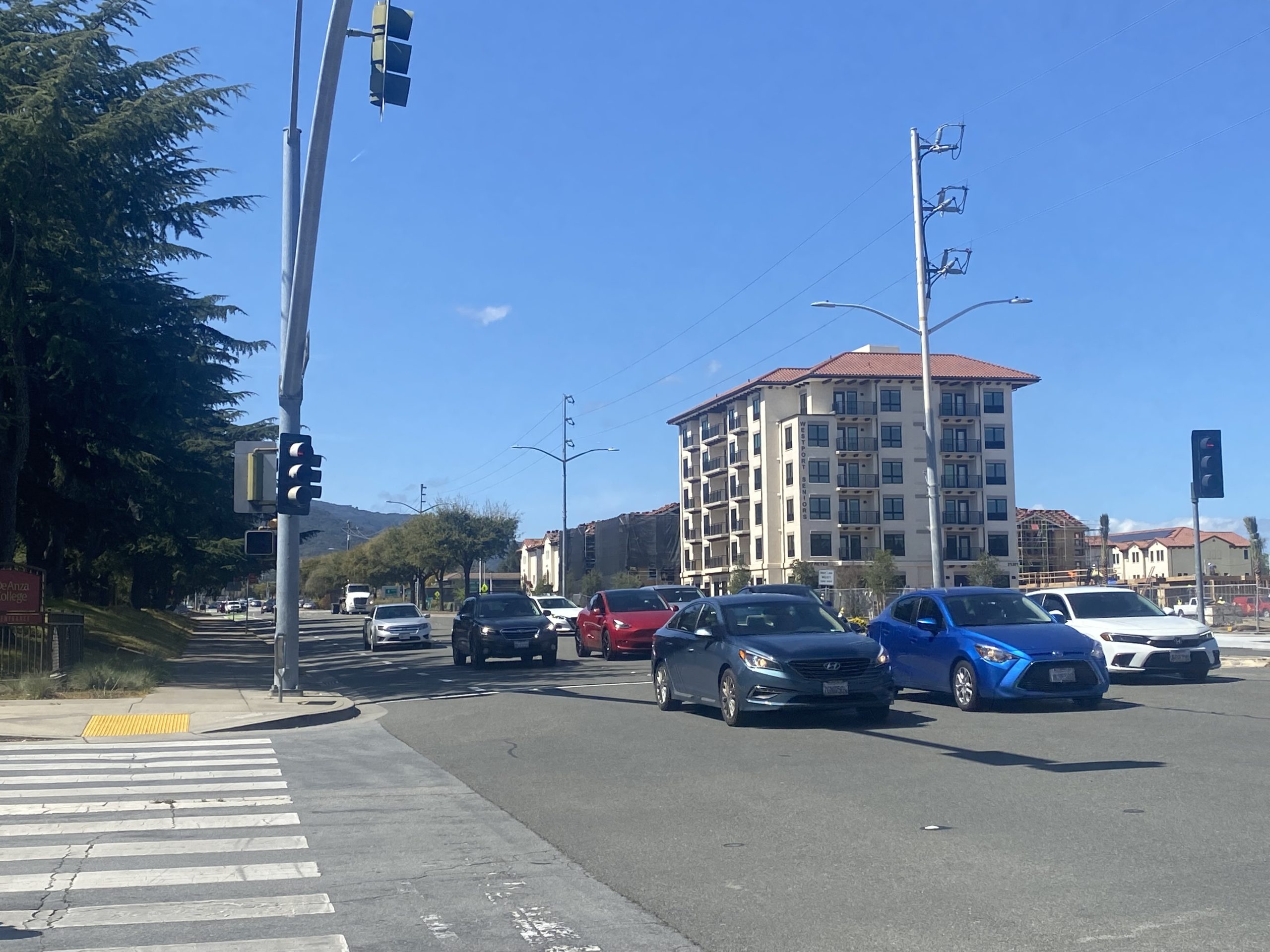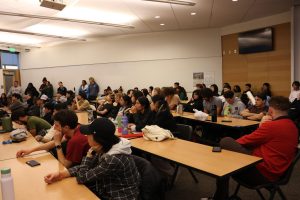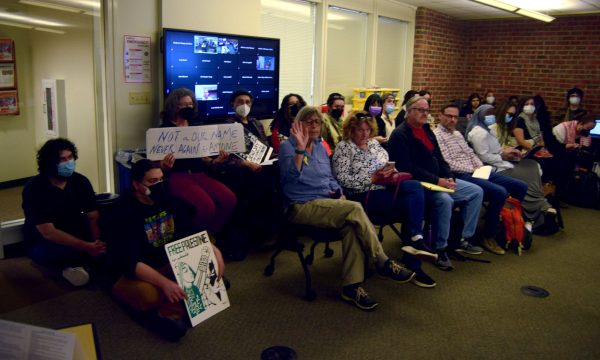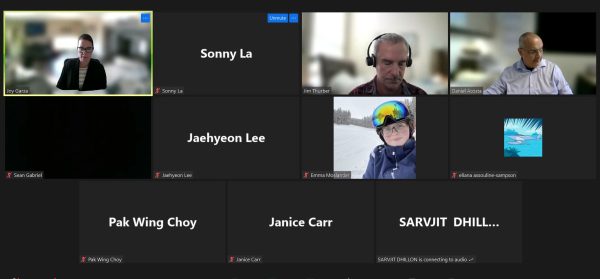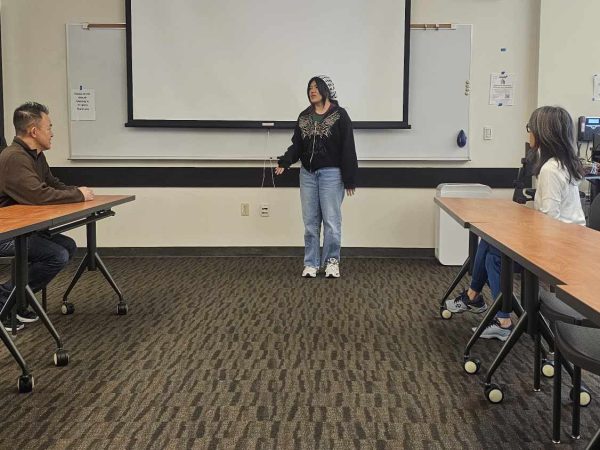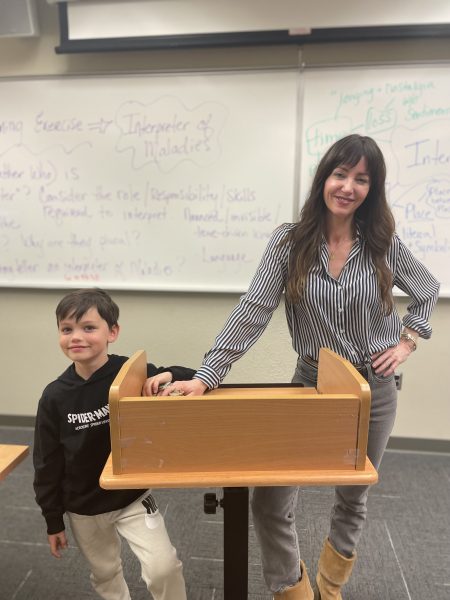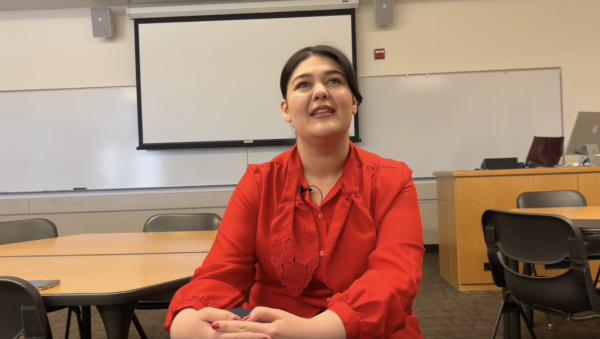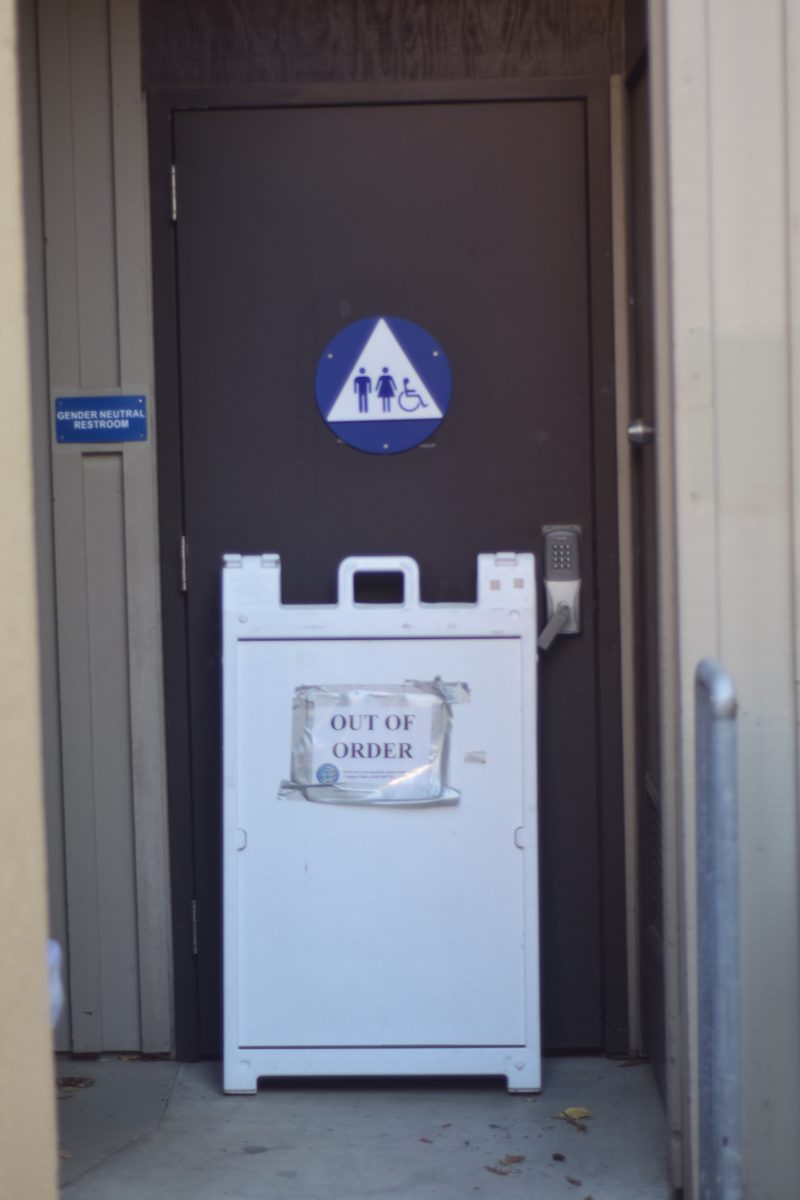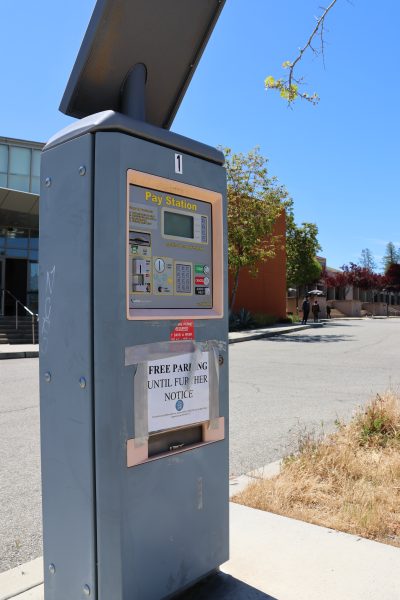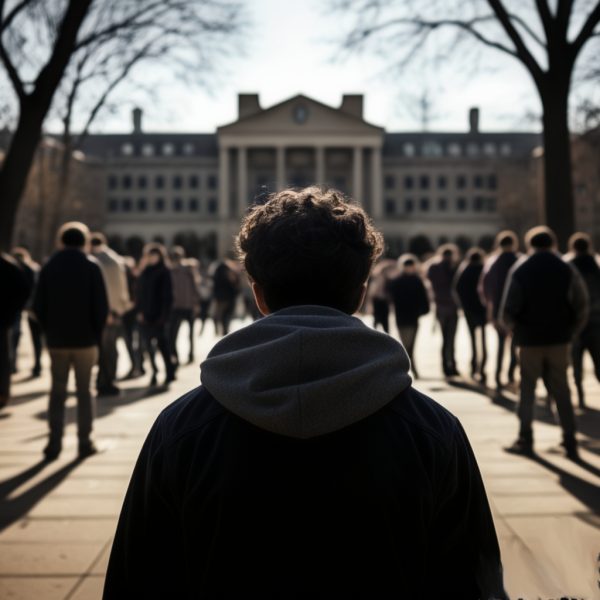Assembly bill proposes more expensive classes between winter, spring quarters
May 3, 2013
Students may have to pay more for courses during summer and winter breaks under a controversial new bill.
Assemblyman Das Williams, D-Santa Barbara, sponsored the bill, which would allow California community colleges to provide additional courses during intersessions that might cost $138 per unit, compared to the current resident cost of $31 per unit at De Anza College.
Regular state-funded courses would remain unaffected by the measure.
The bill, AB 955, mandates participating community college districts to support access for students eligible for CCC Board of Governors fee waivers, and encourages districts to ensure the ability of low-income student enrollment by facilitating their participation in financial aid programs.
Students protested a similar bill and it was subsequently abandoned when introduced at Santa Monica College in 2011.
Opponents of the measure are concerned the program will compromise open access and will favor the economically advantaged students, according to Inside Higher Ed News.
Despite the particular concerns about the bill, Williams told the UC-Santa Barbara student newspaper that the reduced course offerings is creating similar inequality between students who are able to get classes and those turned away.
He told the paper that the legislation may be the only option to increase enrollment without raising more fees or cutting back more classes.
At a time when access is at an all-time low, the measure may address the concerns of students who have been crowded out of classes during regular academic session and in particular those students who only need one or two courses to complete their goals.
“I think it’s better to have these additional classes even if they cost more than not having them all together,” said Jenna Carrender, an undeclared major at De Anza.
“Making these classes available would allow students who need them to have a choice in taking the classes,” instead of never having the chance to do so, she said.
The Public Policy Institute of California estimated budget cuts led to 100,000 fewer course offerings and loss of access for 600,000 students.
Some students at De Anza said the bill does not adequately address the shift in the funding of public education.
“It used to be that education was not just affordable, it was more of a right than a privilege,” said Calvin Ching of the DASB Senate. “But right now, education is a privilege and those who can pay for it get it.
“Rather than facing budget deficits and restoring funding, they’re saying this is the standard, deal with it,” he said.
The bill passed the Assembly’s Committee on Higher Education and advanced to the Committee on Appropriations.



